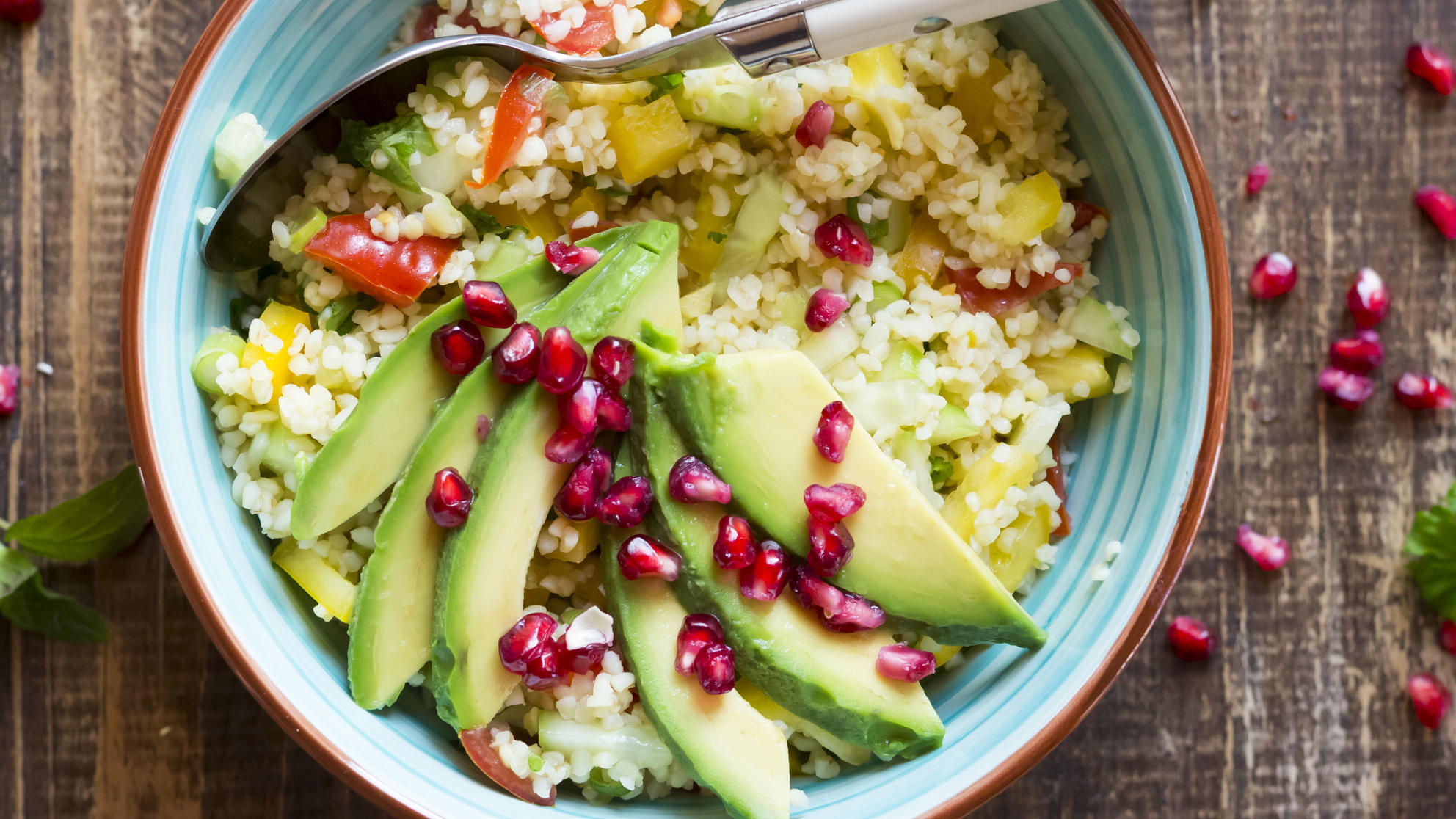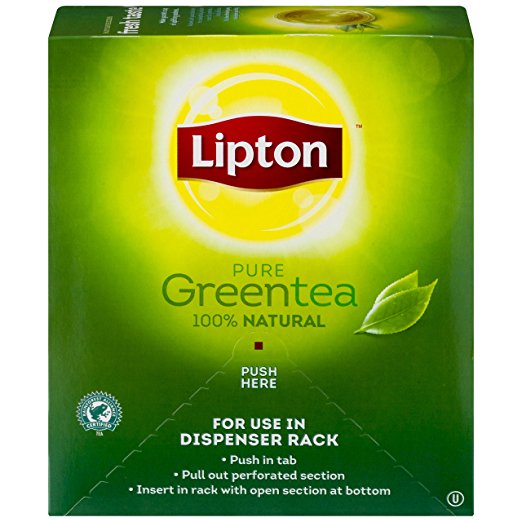Beginner Vegetarian Mistakes
There are good reasons why our parents wouldn’t stop convincing us to eat lots of veggies. For years, studies have proven that a plant-based diet can dramatically improve your health. People who include a generous number of veggies in their diet typically decrease their risk of developing chronic diseases such as cardio-vascular ailments, Type 2 Diabetes, and different types of cancer.
- Beginner Vegetarian Mistakes
- What It Means to Be a Vegetarian
- Various Types of Vegetarianism
- Benefits of Becoming a Vegetarian
- 1. Numerous Health Benefits
- 2. Promotes Animal Rights
- 3. Supports Environmentalism
- Mistakes to Avoid When You Switch to a Vegetarian Diet
- 1. Failing to Plan a Diet Guide Carefully
- 2. Not Seeking Professional Advice or Not Getting Enough Vegetarian Diet Information
- 3. Ignoring Nutrient Deficiencies
- 4. Not Consuming Enough Variations of Plant-Based Foods
- 5. Substituting Whole Fruits and Veggies with Juices as a Meal
- 6. Worrying Over Protein Intake
- 7. The Trap of Fake Meat Alternatives
- 8. Failing to Consume Enough Water
- Best Vegetarian Diet Products
Perhaps, you also had the chance to read success stories of individuals battling with health concerns when they made radical lifestyle changes, specifically, switching to a vegetarian diet. You know for sure the good news they say at the end of the story—that they had successfully won the battle against a life-threatening disease, or simply achieved their health goals for the year, such as improving brain function and losing excess weight.
If switching to a vegetarian diet is a person’s best resort for living a healthier life, the nit’s important to learn about the pitfalls and mistakes that people make when they set off on this new way of living. What does it mean to be a vegetarian? What are the benefits of switching to this kind of diet? If there are benefits, what could be the possible disadvantages and how can you avoid these risks?
What It Means to Be a Vegetarian
Have you ever encountered someone who said, “No, thanks, I’m on a vegetarian diet”, when offered with meat choices at a party? Many of us have heard this line on TV, in movies, or even in an actual real-life situation. However, you might only have little knowledge about this diet. And so, many of us are curious and eager to find out what it is all about, especially, if you’re planning to make this drastic lifestyle change. In order to be successful in any life changes, it’s important to make sure that you know the basics; that way, you won’t make mistakes along the way.
Vegetarianism has various extents when it comes to abstaining from animal flesh and animal by-products. Some vegetarians strictly avoid all animal by-products whether in their diet, clothing, and other stuff they use. Some may include dairy and eggs in their diet. Some vegetarians only include dairy, while some only include eggs in their meals.
Therefore, we can say that a vegetarian is defined as someone who avoidsor completely excludes all kinds of animal meat in their diet. With this definition, we can say that vegetarianism isn’t just about diet. Rather, it is a lifestyle motivated by various reasons such as:
- Health. Many vegetarians want to avoid chronic ailments, unhealthy lifestyle-related diseases, and obesity.
- Religion. There are some religions that forbid eating certain types of meat or all of animal flesh.
- Environmentalism. Intensive animal farming brings about several negative impacts on the environment. Some individuals hope to help in reducing these negative impacts by abstaining from meat.
- Personal Taste Preferences. Some vegetarians simply don’t like the taste of meat. They like fruits and veggies instead.
- Ethical and Moral Considerations. Some companies exploit animals for their meat and other byproducts. This has become an ethical issue for some time.
Also, vegetarianism isn’t limited to one specific code of diet and lifestyle rules. There are different kinds of vegetarians including lacto-ovo vegetarians, lacto vegetarians, ovo vegetarians, and vegans. Let us discuss these one by one.
Various Types of Vegetarianism
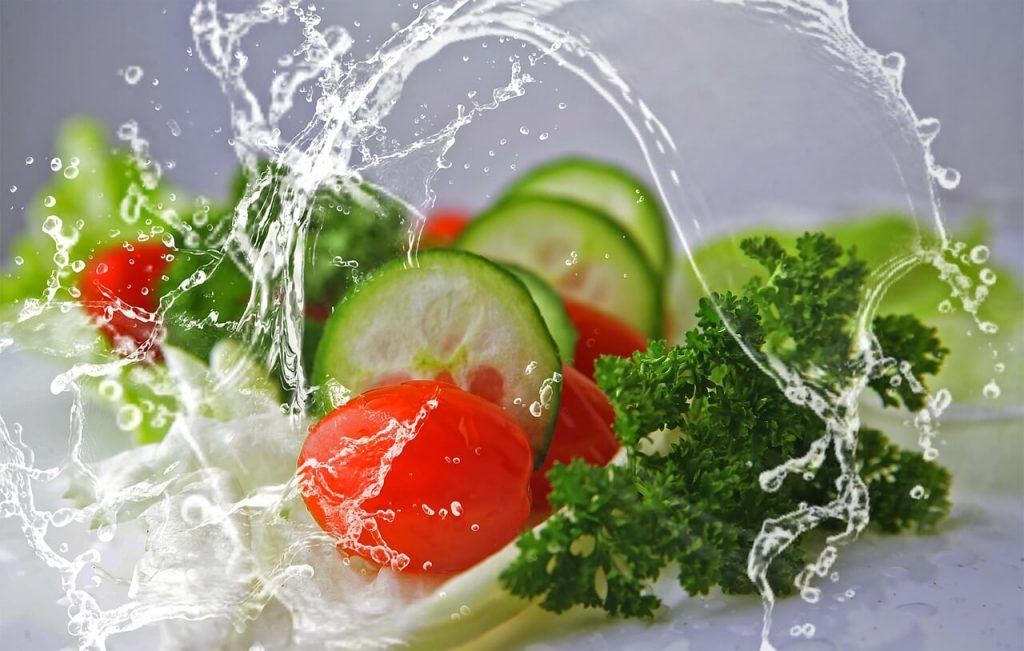
- Lacto-ovo Vegetarians
A lacto-ovo vegetarian avoids all kinds of meat from animals, but they do include dairy and egg products in their diet.
- Lacto Vegetarians
These are the vegetarians who do not consume all kinds of animal flesh and eggs. However, they do consume dairy products.
- Ovo Vegetarians
Ovo vegetarians avoid all animal products, but they do consume eggs.
- Vegans
Among all forms of vegetarianism, going vegan is the strictest. They forego all kinds of animal flesh, and animal by-products. Usually, vegans are advocates ofanimal welfare. They campaign against animal cruelty and exploitation. And so, they also carefully choose their clothes, shoes, cosmetics, and other stuff. They make sure that the products they buy are not made from leather, wool, silk, suede, or any other material that might have been probably resulted from animal abuse.
Benefits of Becoming a Vegetarian
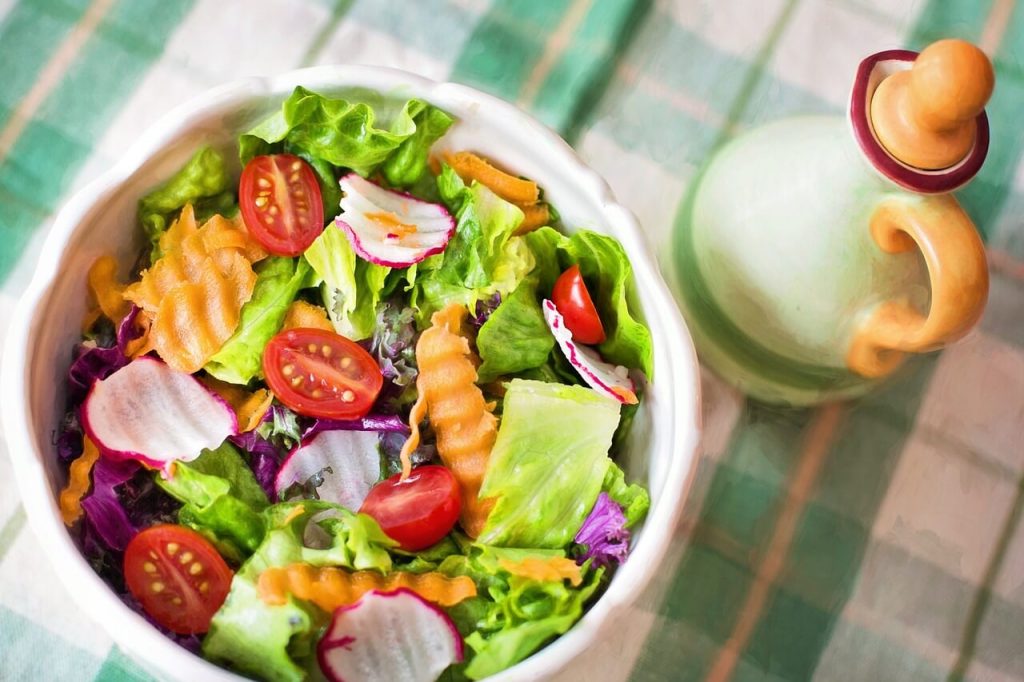
Vegetarianism brings about a number of positive effects in one’s health, the environment, and in the promotion of animal rights awareness in the society. When you choose to become a vegetarian, you’re not only helping yourself to become healthier. You’re also helping others to realize the value of treating animals with proper care and compassion. Also, you’ll be able to contribute in the efforts of making the environment cleaner, greener, and more sustainable.
1. Numerous Health Benefits
The best result you can think about when you opt for an organic, plant-based diet, are the health benefits you’ll reap gradually.
When you eat lots of veggies, you’ll be able to:
- Get more antioxidants, essential vitamins, and nutrients.You’ll never go wrong with a plant-based diet, especially those leafy greens. Fruits and vegetables are loaded with antioxidants, vitamins, and all the essential nutrients you can think of. All these can boost your immunity against illnesses and free-radical damage. And ladies, you’ll love the healthy, youthful glow it will give your skin!
- Achieve and maintain a healthier weight. When you’re on an organic vegetarian diet, you’ll be compelled to ditch away fast food. That would be a great cutback on calories, too much carbs, and trans fats. And, of course, that would probably mean a big cutback on your weight as well. Therefore, a vegetarian diet is ideal for those who want to lose excess weight, those who are prone to obesity, or simply anyone who wants to maintain that well-sculpted physique and abs.
- Maintain proper digestion.Fruits and veggies are the best sources of fiber which promote proper digestion. “What bloated days? We don’t know what that is!”Yup, that’s what it’s like to be a lover of fruits and veggies.
- Have a healthier heart.A diet rich in fruits and vegetables can greatly reduce inflammation in the body, which is the leading cause of cardiovascular diseases. Also, because a plant-based diet is high in fiber, you’ll be able to keep your blood pressure at bay, reduce the amount of cholesterol in your body, and maintain a healthy blood circulation.
- Reduce the risk of developing chronic diseases. A vegetarian diet can decrease the risk of developing type 2 diabetes. It also eliminates the carcinogenic effects of consuming meats cooked in very high temperature and highly processed meats packed with trans fats, added preservatives and other unhealthy ingredients that are potentially harmful to one’s health.
2. Promotes Animal Rights
Meat, poultry and other animal by-products we buy in the market usually come from animals that have been raised under harsh conditions in industrial farms. Perhaps, you’ve seen investigative documentaries delving on the poor living conditions of farm animals which include the usual scenario of overcrowded facilities, maltreatment, and other forms of animal abuse. For years, it has been a question whether intensive animal farming is ethical or not.
Vegans believe that boycotting the companies that are may be possibly guilty of animal exploitation could give them discipline and teach them the value of animal rights.
3. Supports Environmentalism
Unlike meat and other animal byproducts, producing plant-based food is low-maintenance. Industrial livestock production, on the other hand, demands a huge amount from natural resources such as land, water, and energy. Plus, it can increase the production of carbon dioxide which is a big contribution to global warming. Meanwhile, if we consume more fruits, vegetables, and other plant-based foods, the demand for its production will increase. Growing more plants and fruit-bearing trees is environment-friendly. It keeps our environment clean, green, and refreshing.
Mistakes to Avoid When You Switch to a Vegetarian Diet
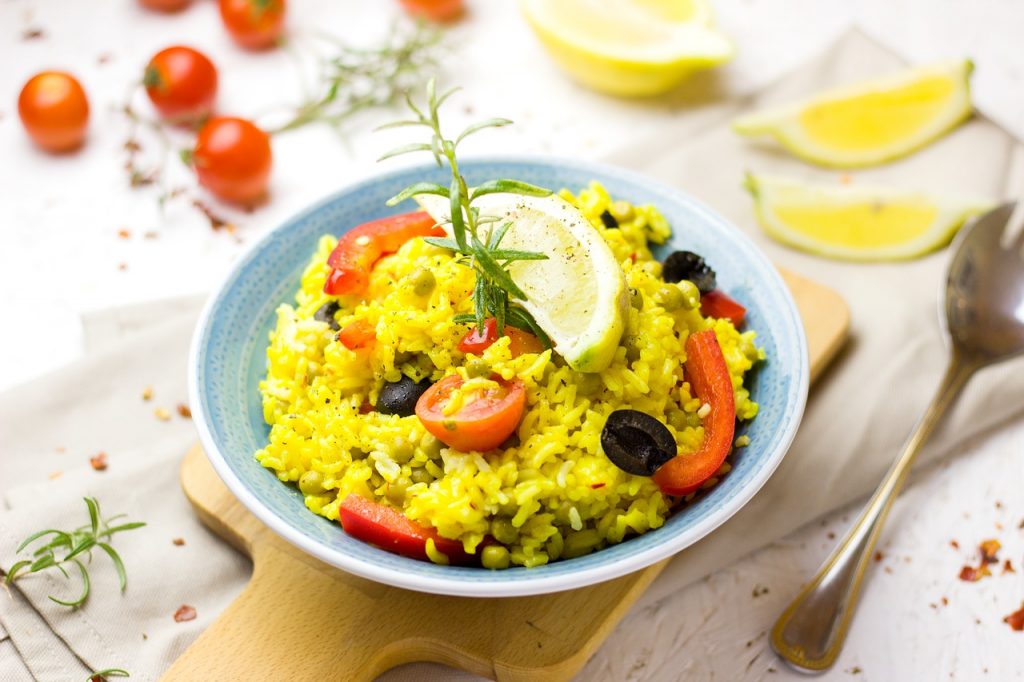
At this point that you already learned how beneficial it is to switch to a vegetarian diet, you probably consider taking the first step of making this lifestyle change. That’s pretty cool actually. The benefits are really compelling and you probably can’t wait to get some fresh produce and the enjoy the positive results of consuming those.
But, hold on just yet. There are a few heads up you need to take note. These are the mistakes that beginner vegetarians usually fall into. If you wish to fully benefit from a vegetarian diet, you need to avoid these mistakes. The first step is recognizing them.
1. Failing to Plan a Diet Guide Carefully
Most beginners in the vegetarian diet circle had just made the big leap in their lifestyle change without spending some time to think about some considerations. Remember, if you’re serious about becoming a vegetarian, it’s not just a minor change, rather, it’s a big lifestyle transition. Adjustment can be pretty tough if you fail to plan carefully. If you’re not ready, it’s easy to quickly get disappointed, regret over the change, and ultimately, go back to the old lifestyle.
Once you’ve started to think about becoming a vegetarian, don’t rush. Set reasonable goals. Clearly define your reasons for making the change. Is because of your health concerns? Do you want to be an advocate for promoting animal welfare? Are you an environmentalist? Setting definite goals and reasons why you’re switching to a vegetarian lifestyle will help stay on track and making progress on the change you’ve made.
Another reason why it’s important to plan a vegetarian diet guide is that you can still make exciting and yummy meals you’ll look forward to. Many people think that plain fruits and veggies in your diet can be boring and eventually, you’ll be forced to consume meats again. That’s not going to happen if you learn vegetarian recipes from magazines, blogs, books, and video tutorials.
2. Not Seeking Professional Advice or Not Getting Enough Vegetarian Diet Information
Is it really important to seek professional advice when transitioning to a vegetarian lifestyle? Of course, it’s given that we need to take in adequate information about vegetarianism—what is it all about, many facts about it, its advantages, and risks, and how to avoid the usual beginner pitfalls.
Still, the best source of all these pieces of information is a Registered Dietitian Nutritionist. He can give you valuable advice on meal preparation, which plant-based foods are best for consumption, how to eat a well-balanced diet despite not consuming meat and other animal by-products, and how to meet your daily nutrition needs.
Without the necessary information on these aspects, you could easily starve yourself or do more harm than good to your health. You may also fail to benefit fully from the positive results of a vegetarian diet.
3. Ignoring Nutrient Deficiencies
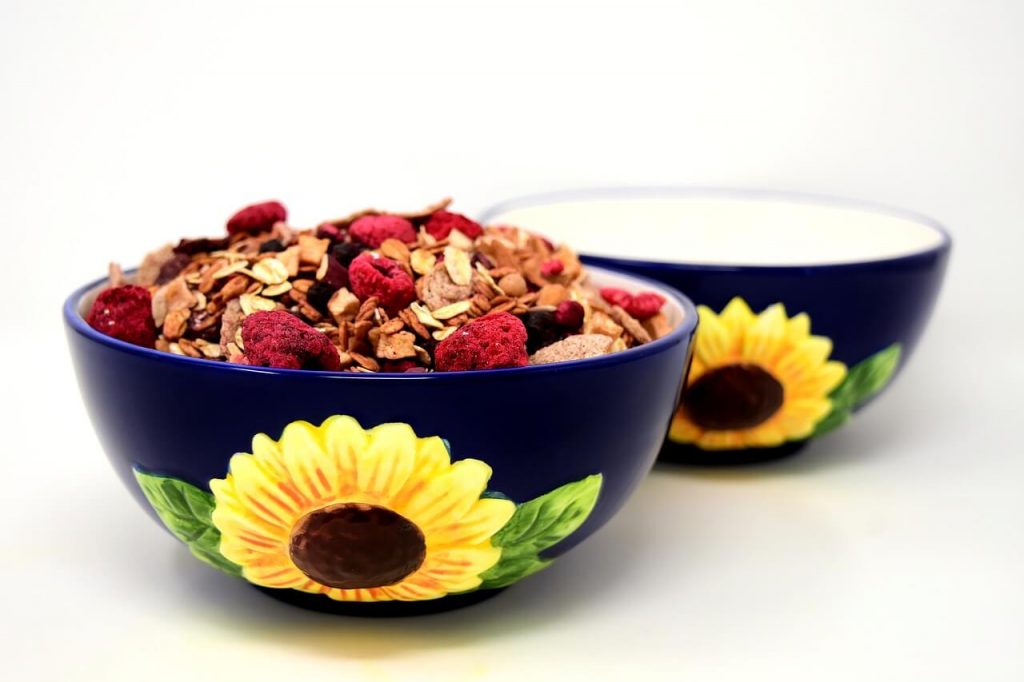
Vegans who do their diet wrongly can have deficiencies in vitamin B12, calcium, calories, protein, iron and Omega-3 fatty acids. Too little of these things bring about bad effects in the body.
- Vitamin B12. This vitamin plays vital roles in the bodily processes such as the production of red blood cells and DNA. Meat, poultry, shellfish, dairy products, and eggs are the main sources of vitamin B12. For this reason, being a lacto-ovo vegetarian is still reasonable and beneficial than foregoing all animal byproducts. Eggs laid by organically-raised poultry are actually available. You just need to search where you can buy them in your local area.
Also, fortified cereals and a really good vitamin B12 supplement can be an ideal choice for vegans.
It is important to ensure that you’re taking in the ideal amount of Vitamin B12. Otherwise, you can have terrible memory problems, fatigue, numbness, and anemia.
- Calcium. Calcium deficiency can be a problem for ovo vegetarians and vegans because they forego dairy products. This can lead to health issues specifically weak bones and teeth.
Thus, it is important to take in enough calcium-rich plant sources such as broccoli, almonds, figs, oranges, kale, and collard greens.
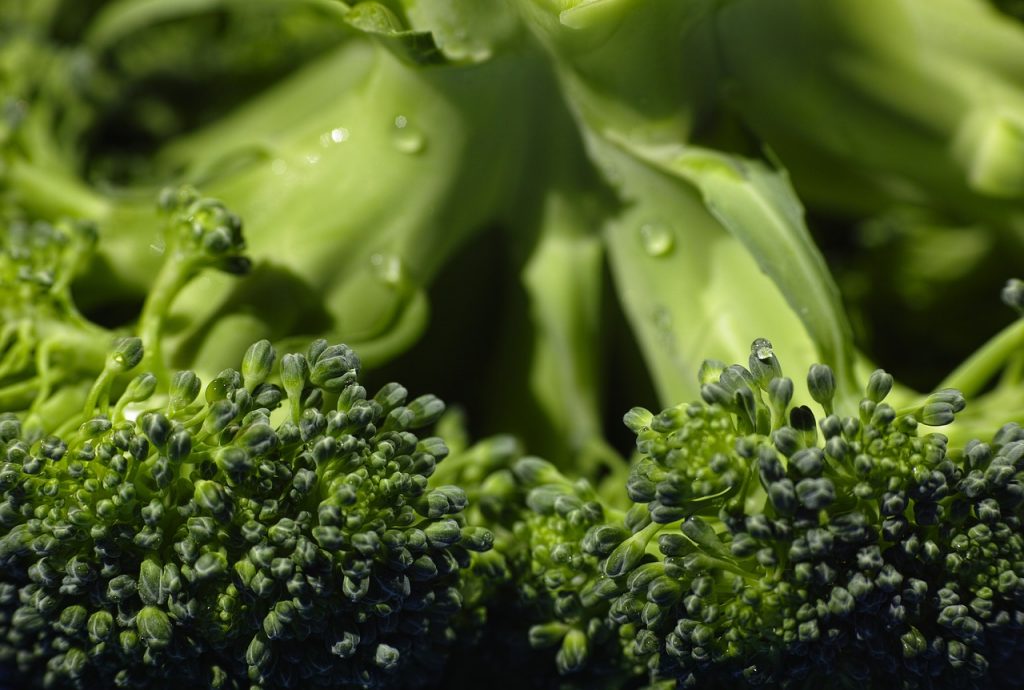
- Calories. Calories can sound evil for anyone on a diet, but don’t ditch it away completely. We still need its ideal daily amount. If we fail to meet the daily calorie intake requirement, we can suffer from fatigue and slower metabolism.
- Protein. Our body needs the adequate amount of protein in order to build and repair tissues and produce hormones and enzymes. Abstaining from meat may deprive us from the ideal daily protein consumption which can hinder the above-mentioned important bodily processes. The good thing is, there is still a variety of plant choices for vegetarians so that they wouldn’t neglect their daily protein needs. Beans, lentils, tofu, and certain types of nuts are great plant sources of protein.
- Iron. Lack of iron pose different health problems such as fatigue, dizziness, and shortness of breath that can be summed up as symptoms of anemia. For a vegetarian, it is important to consume great plant sources of iron such as beans, lentils, seeds, oats, green leafy vegetables, and fortified cereals. One useful advice is to pair iron-rich plant foods with vitamin C to increase absorption.
- Omega-3 Fatty Acids. The main sources of Omega-3 fatty acids are fatty fish and fish oil. So, if you’re not consuming these foods, you may not be getting the ideal amount of Omega-3 fatty acids that your body needs. Alternatives in plant sources for this nutrient include chia seeds, hemp seed, walnuts, Brussel sprouts, and flaxseeds. Be sure to include any of these foods in your daily meals so that your body can achieve the ideal amount of Omega-3 fatty acids.
4. Not Consuming Enough Variations of Plant-Based Foods
Becoming a vegetarian doesn’t mean you’re stuck in the boring cycle of repeating the same dishes over and over again. Do your research and you’ll see that there is a wide variety of food choices for you! You’ll never get bored trying out new recipes from time to time.
Also, if you consume diverse plant-based foods, you’ll likely get the ideal nutritional requirements you need every day. You’ll have fun experimenting on recipes and you’ll get creative every time you try something new. Really, that’s something you’ll always look forward to.
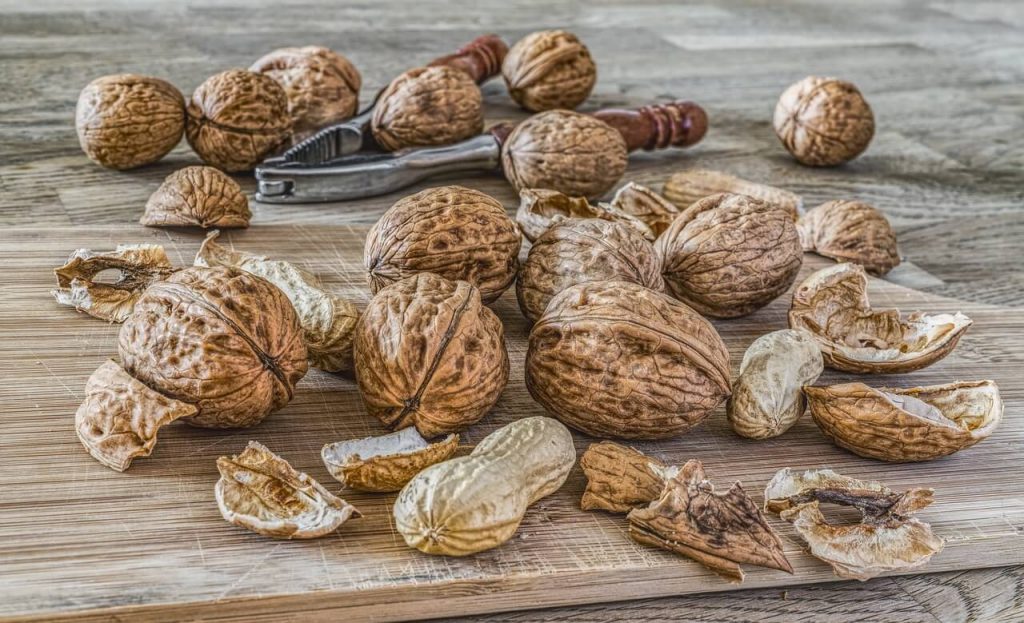
5. Substituting Whole Fruits and Veggies with Juices as a Meal
Yup, juicing is great. It’s one of the best ways to absorb the vitamins and minerals in a fruit or vegetable. However, don’t assume that juices would be enough to cover for your meals. Still, nothing beats whole plant-foods. There’s nothing wrong with juicing, but do it rather as a supplement for your meals, not as a substitute.
6. Worrying Over Protein Intake
There’s a good reason why vegetarians worry over their protein intake. As mentioned, different types of meat that come from animals are the usual sources of protein. Nevertheless, we’ve also learned that many plant-foods offer a generous amount of protein, and you’ve got diverse sources out there!
So, you really don’t have to worry if you keep track of your daily nutritional needs. Make an inventory monitoring how well you’re doing at meeting those requirements. This way, you don’t have to stress yourself figuring out whether you’re deficient of a certain nutrient or not.
7. The Trap of Fake Meat Alternatives
Be wary of those so-called meat alternatives you can easily find in the market. Some of them are highly-processed, made with genetically-modified soy (GMO soy), and packed sodium. Previous studies show that GMO soy has been linked to chronic health issues such as kidney failure and damage of the liver, testes, blood, and DNA.
So, make sure the ingredients of your meat alternatives are non-GMO, but were rather made with natural ingredients.
8. Failing to Consume Enough Water

Vegetarians normally have a higher fiber intake than those who are not. The common pitfall here is failing to consume adequate amount of water. It is utterly vital to rehydrate yourself properly when consuming a high-fiber diet so as to avoid bloating and constipation.
When paired with an adequate amount of water, a high-fiber diet can be very beneficial to the body, especially in promoting a healthy digestion.
Vegetarianism has been around for years. It’s more than just a diet. It is rather a way of living. People have varying reasons why they opt for this lifestyle. Some are health-conscious individuals. Others advocate for animal rights. Some individuals want to enjoy a better, cleaner and more sustainable environment, while others practice their religious beliefs. Meanwhile, there are also vegetarians who don’t like the taste of meat that’s why they chose to avoid it altogether.
Whatever your motivation for becoming a vegetarian, always remember to read as many information about vegetarianism as possible. Consult a registered dietitian nutritionist if possible. Plan your meals carefully. Keep track of your daily nutritional requirements. Avoid the mistakes that newbie vegetarians usually commit.
Follow all these pieces of advice and you’ll be able to reap the positive results of choosing to be a vegetarian. These positive results include numerous health benefits, promoting animal welfare, and helping the environment become cleaner, greener, and more sustainable.

